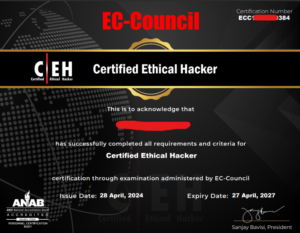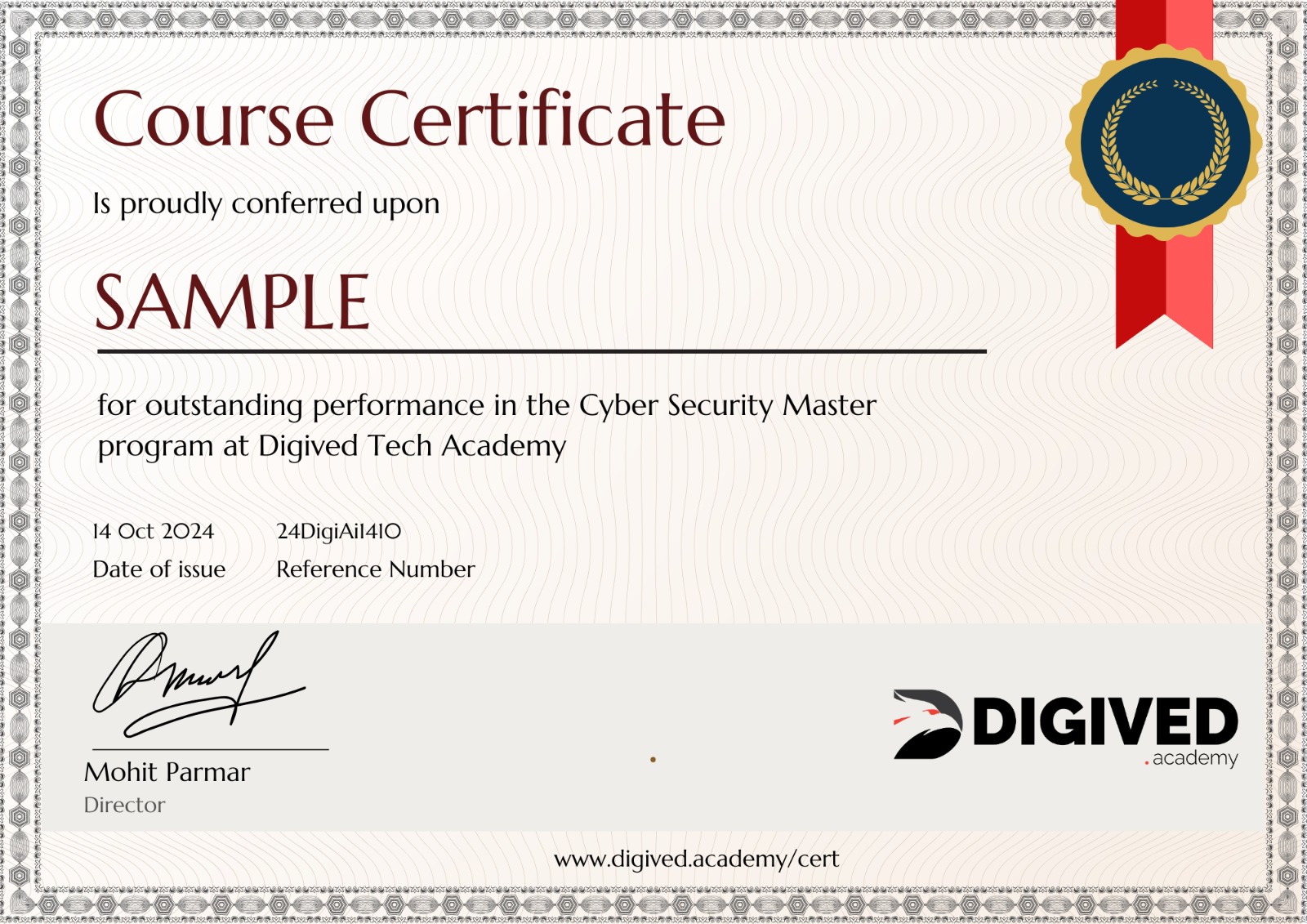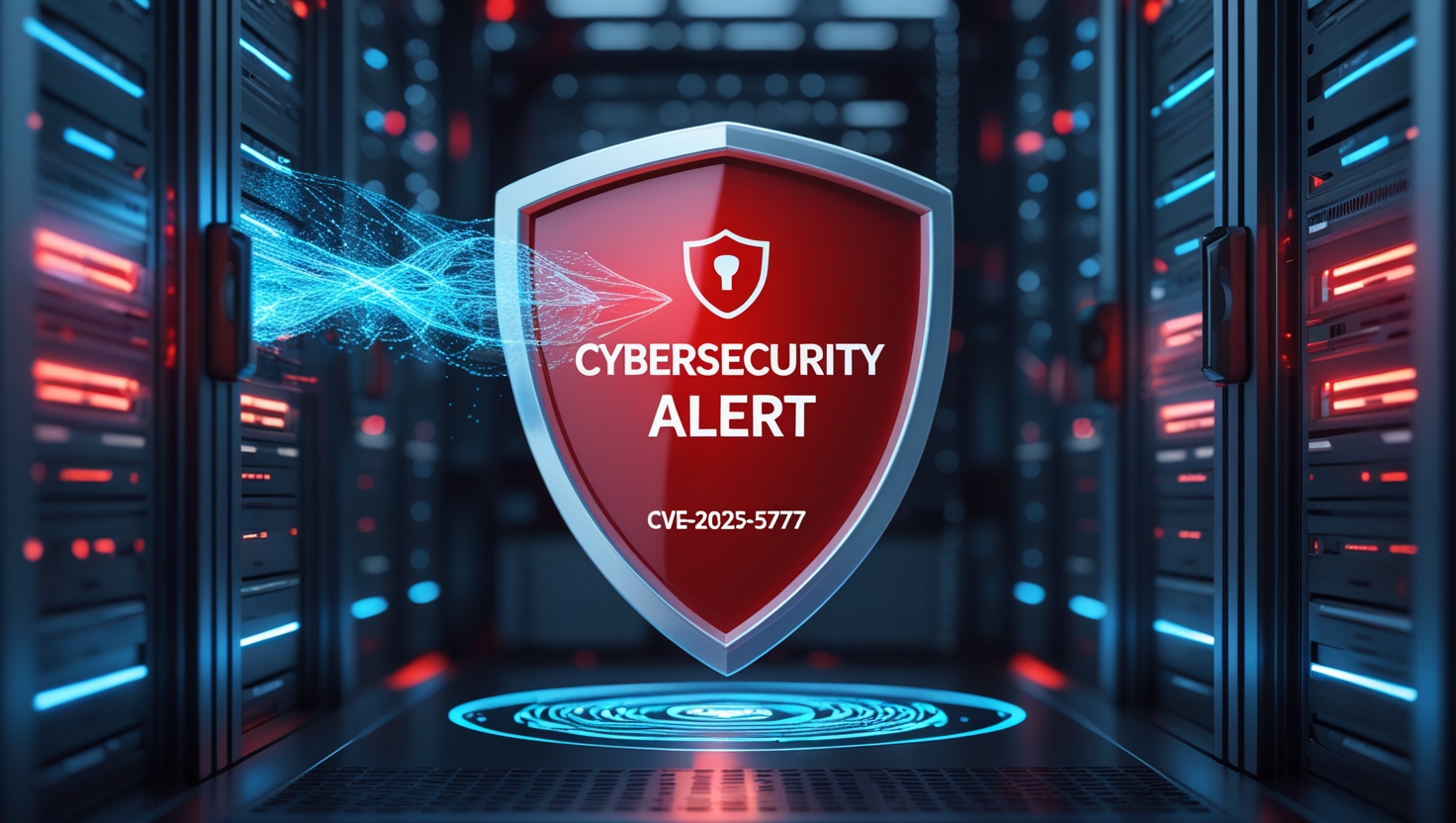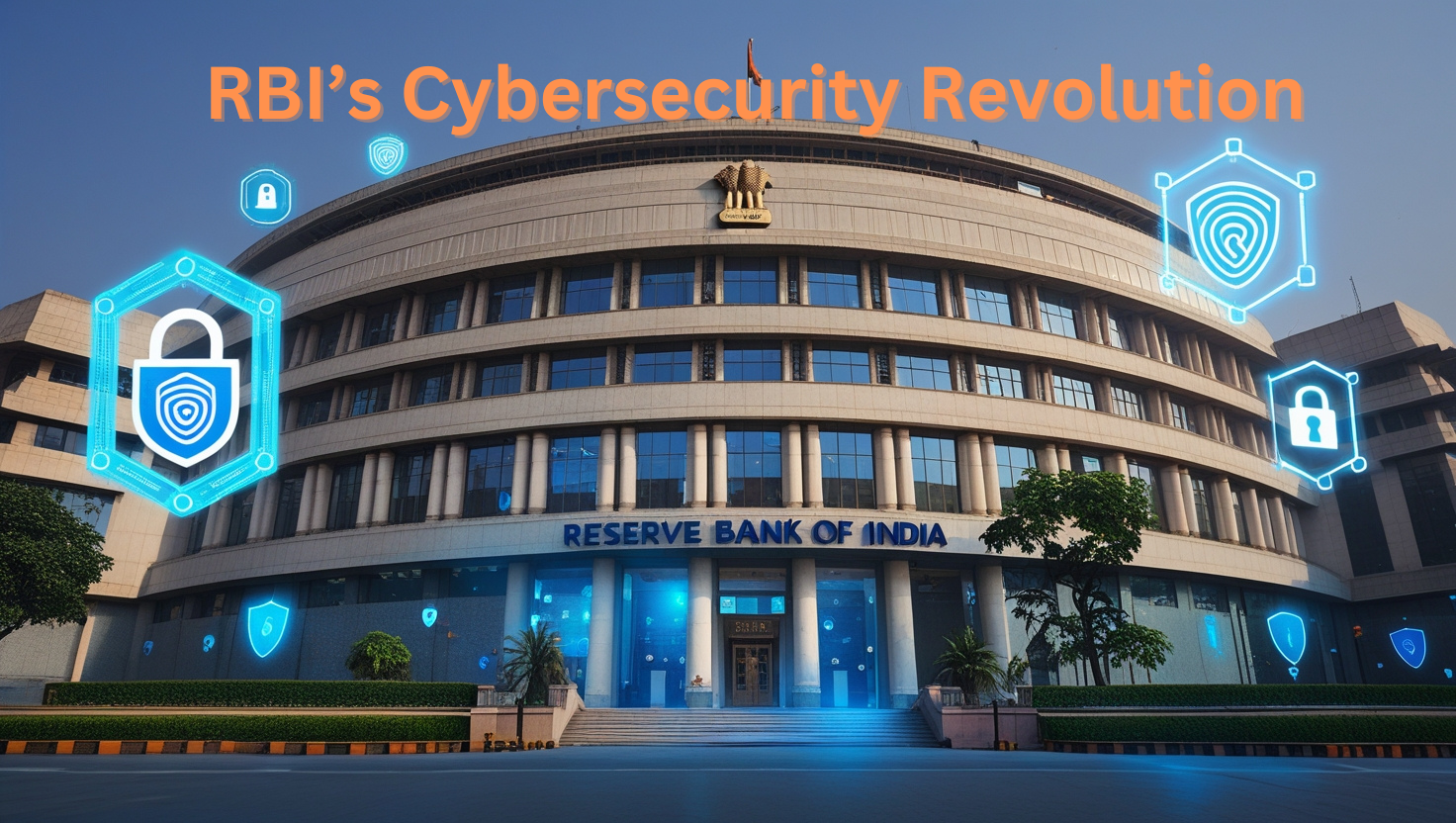Post Graduate Program in Cyber Security
- Enroll into India's pioneering Online Cyber Security Program; learn from the latest 2025 curriculum.
- Join an alumni network of Security Experts at Amazon, HSBC, ICICI, Kotak, Microsoft, Jio Digital, Lenskart, Swiggy, and more.

Join 5K Alumni
Propel your Career with us

Engaging Hands-on Learning

Placement and Internship Assistance

Free Lifetime faculty Support

Soft skills training and Mock Interviews
CYBER SECURITY POST GRADUATE PROGRAM OVERVIEW
Build a Career-Ready Foundation in Cyber Security
CAREER OPPORTUNITY
Mapped to 20 Job Roles in Cyber Security
- Mid-Level Information Security Auditor
- Cybersecurity Auditors
- Security Administrator
- IT Security Administrators
- Cyber Defense Analysts
- Vulnerability Assessment Analysts
- Warning Analyst
- Security Analyst
- SOC Security Analyst
- Network Engineers
Why Choose This PG Program in Cyber Security?
Unlike short-term certifications, this Post Graduate Program offers a deep and structured curriculum designed by industry experts. The course blends academic theory with real-world applications, preparing you to handle the latest cyber threats and defense strategies. This Post Graduate Program is not just a course; it’s an intensive career transformation program. Designed by cybersecurity experts and aligned with international frameworks such as NIST, ISO 27001, and OWASP, the course ensures.
Industry- Relevant Curriculum
Our PG Diploma program follows a practical-first approach. The curriculum is updated regularly to meet current industry requirements and includes tools like Wireshark, Metasploit, Burp Suite, Nmap, Splunk, and more. Every module includes hands-on tasks to ensure skill development alongside theory. You’ll also build a capstone project to showcase your skills to potential employers.
-
Pen Testing: Learn how to identify and exploit vulnerabilities in networks, systems, and applications, simulating real-world attacks to assess security.
-
SOC: Master skills required for Security Operations Centers (SOC), including monitoring, analysis, and incident response to cyber threats.
-
GRC: Develop expertise in Governance, Risk, and Compliance (GRC), ensuring businesses meet regulatory and security standards.
The High Demand for Cybersecurity Professionals
The demand for cybersecurity professionals is expected to reach over 3 million job openings by 2025, as organizations seek skilled experts to safeguard their infrastructure. Ethical hacking is one of the most effective ways to defend against malicious attacks, making CEH certification highly valued. As an expert in penetration testing, SOC operations, and GRC, you will be at the forefront of cybersecurity efforts in the fight against cybercrime.
By enrolling in the Cybersecurity PG Program, you are investing in your future career. The program not only offers extensive training in ethical hacking but also ensures that you’re ready for roles like SOC Analyst, cybersecurity consultant, and GRC expert.
Boost Your Career with this Post Graduate Program
This Post Graduate Program in Cyber Security is more than just a credential. It’s a pathway to a high-paying cybersecurity career that allows you to thrive in an industry with continuous demand. As an Ethical Hacker, you will be prepared to lead efforts in securing systems, protecting digital assets, and responding to cybersecurity incidents effectively.
The Ethical Hacking certification is the bridge between your technical skills and cybersecurity career growth, and with our Cybersecurity Master Program, you’ll gain the practical experience necessary to clear the certification exam and advance in your career.
Future-Proof Your Cybersecurity Career
Whether you’re a beginner or a seasoned IT professional, the Cybersecurity PG Program at Digived Tech Academy prepares you for the most in-demand roles in the cybersecurity field. Master ethical hacking, SOC operations, GRC, penetration testing, and other essential cybersecurity skills to secure your future in this rapidly growing industry.
ABOUT US
Why Choose Digived Tech Academy
Placement and Internship assistance
learn from Industry expert
Practical training
Get Job Ready
Step by step guides and Question bank
Real Time Projects
CYBER SECURITY PG PROGRAM COURSE CURRICULUM
Curriculum
Linux Fundamentals
– Introduction to Linux & Open Source
– Linux Installation and Configuration
– Linux File System and Hierarchy
– Essential Linux Commands and Utilities
– User and Group Management
– Permissions and Ownership
– Shell Scripting Fundamentals
– Process and Service Management
– Linux Networking Basics
– System Security and Hardening
Introduction to Networking
– Network Basics and OSI Model
– TCP/IP Protocol Suite
– IP Addressing (IPv4 & IPv6)
– Network Devices (Router, Switch, Firewall)
– Networking Protocols and Services (DNS, DHCP, HTTP, FTP, SMTP, SSH)
– Network Security Principles (Firewalls, VPN, IDS/IPS)
– VLANs and Subnetting
– Wireless Networking Basics
– Network Traffic Analysis (Wireshark)
– Network Troubleshooting and Monitoring
Fundamentals of Information Security
– CIA Triad: Confidentiality, Integrity, Availability
– Security Threats and Vulnerabilities
– Authentication and Authorization
– Cryptography Basics
– Malware and Types
– Security Policies and Procedures
– Security Controls (Administrative, Technical, Physical)
– Risk Management Basics
– Compliance Frameworks (ISO 27001, NIST)
Ethical Hacking
– CIA Triad: Confidentiality, Integrity, Availability
– Security Threats and Vulnerabilities
– Authentication and Authorization
– Cryptography Basics
– Malware and Types
– Security Policies and Procedures
– Security Controls (Administrative, Technical, Physical)
– Risk Management Basics
– Compliance Frameworks (ISO 27001, NIST)
Security Operations Center (SOC)
Introduction to SOC and Roles
– SIEM Tools and Usage
– Log Analysis and Monitoring
– Incident Detection and Response
– Threat Intelligence and Threat Hunting
– Security Use Case Development
– Common Attack Vectors
– MITRE ATT&CK Framework
– Ticketing Systems and Case Management
– Reporting and Documentation
IOT Security
-Overview of IoT Architecture
– IoT Protocols and Devices
– Threats and Vulnerabilities in IoT
– IoT Device Hardening
– Secure Communication in IoT
– Firmware Analysis
– Privacy Concerns in IoT
– Standards and Guidelines for IoT Security
– Case Studies of IoT Attacks
Operational Technology (OT)/Industrial Control Systems (ICS)
– Operational Technology (OT)/Industrial Control Systems (ICS)
– Introduction to OT and ICS
– ICS Components and – —- Architectures (SCADA, PLC, RTU)
– Differences Between IT and OT Security
– ICS Vulnerabilities and Threats
– Network Segmentation in OT
– Security Best Practices for ICS
– Incident Response in OT Environments
– Standards (NERC CIP, ISA/IEC 62443)
– ICS Risk Assessment
Cyber Forensics
-Fundamentals of Digital Forensics
– Types of Digital Evidence
– Forensic Imaging and Chain of Custody
– File Systems and Data Recovery
– Memory and Network Forensics
– Email and Mobile Forensics
– Forensics Tools (e.g., Autopsy, FTK, EnCase)
– Reporting and Legal Aspects
– Incident Response and Investigation Process
GRC
-Governance and Information Security Management
– Risk Assessment and Mitigation
– Compliance Requirements (HIPAA, GDPR, PCI-DSS, etc.)
– Security Frameworks (COBIT, NIST, ISO)
– Policy Development and Implementation
– Internal and External Audits
– Vendor Risk Management
– Business Continuity Planning (BCP) & Disaster Recovery (DR)
Cloud Infrastructure Security & Application Security
– Cloud Infrastructure Security & Application Security
– Cloud Infrastructure Security
– Cloud Service Models (IaaS, PaaS, SaaS)
– Shared Responsibility Model
– Identity and Access Management in Cloud
– Cloud Network Security
– Secure Cloud Configuration
– Cloud Security Tools and Monitoring
– Cloud Compliance Standards (CSA, FedRAMP)
– Application Security
– Software Development Life Cycle (SDLC) and Security
– OWASP Top 10 Vulnerabilities
– Secure Coding Practices
– Static and Dynamic Application Security Testing (SAST/DAST)
– Threat Modeling
– DevSecOps and CI/CD Integration
– Application Hardening and Patch Management
Projects
Project-Based Learning Modules
1. Design Automated Operating Detector on the Network
Topics Covered: Networking, Linux Fundamentals, Ethical Hacking
Key Concepts: TCP/IP fingerprinting, OS detection, network reconnaissance
2. Build Port Scanner
Topics Covered: Networking, Ethical Hacking
Key Concepts: Port scanning, TCP/UDP probing, network service enumeration
3. Automated Browser/System Credential Dumper Hardware (USB/IOT)
Topics Covered: IoT Security, Cyber Forensics
Key Concepts: HID device attacks, credential dumping, offline data harvesting
4. Keylogger
Topics Covered: Ethical Hacking, Cyber Forensics
Key Concepts: Keystroke logging, malware evasion, surveillance software
5. Passwordless Authentication Model
Topics Covered: Cloud Security, Application Security
Key Concepts: Identity verification, biometric/authenticator-based login, security UX
6. Identification of Pseudo WiFi Networks
Topics Covered: IoT Security, Networking, Ethical Hacking
Key Concepts: Rogue access points, Evil Twin detection, WiFi spoofing
7. Malicious User Detection Using Honeyword/IP Tracking
Topics Covered: SOC, Cyber Forensics
Key Concepts: Traffic analysis, honeypot deployment, anomaly detection
8. Fake Profile Analysis on Social Media Platforms
Topics Covered: GRC, Application Security
Key Concepts: Bot detection, digital footprint analysis, OSINT tools
9. Digital Watermarking for Data Security
Topics Covered: Information Security, Application Security
Key Concepts: Intellectual property protection, digital signatures, anti-tampering
10. Detection of Phishing Emails/Websites Using ML/AI
Topics Covered: Cloud Infrastructure Security, Application Security
Key Concepts: Email filtering, URL analysis, supervised ML (Random Forest, Decision Trees)
11. Spoofing and Sniffing Attack Simulation with Social Engineering
Topics Covered: Ethical Hacking, Networking
Key Concepts: MITM attacks, spoofing techniques, employee targeting
12. Social Engineering Attack Simulation
Topics Covered: Ethical Hacking, GRC
Key Concepts: Phishing simulations, reconnaissance, human vulnerability exploitation
13. Hosting Web Applications on the Cloud and Securing Them
Topics Covered: Cloud Infrastructure Security, Application Security
Key Concepts: Cloud app hardening, encryption, threat modeling
14. Getting Private Invitation to Testing Programs from Companies
Topics Covered: Ethical Hacking, Social Engineering, Information Security
Key Concepts: Insider threat simulations, deception techniques, security awareness
Tools Covered








MENTORS & TRAINERS
Our Course Advisory

Premjith EJ
Program Director
I found the experience both exhilarating and challenging. The course provided a deep dive into cybersecurity concepts, from understanding vulnerabilities to practical skills like penetration testing and secure coding practices. What I appreciated most was the hands-on approach; we had access to virtual labs where we could apply theoretical knowledge in real-time scenarios. This practical aspect not only solidified my understanding but also boosted my confidence in tackling cybersecurity challenges.
LEARNINING OBJECTIVES
Skills Covered
Global Certification
Get Certified with a Post Graduate and CEH Certification
Post Graduate Program certification and EC-Council-CEHv13 ensures industry credibility and acceptance, providing a robust foundation for your career advancement.
About CEHv13 Certification
1. What is CEH v13?
CEH v13 is the latest version of the Certified Ethical Hacker program by EC-Council. It trains cybersecurity professionals to think like hackers and equips them to proactively secure systems. The v13 version emphasizes real-world relevance, including AI, cloud, and modern malware threats.
2. What is the CEH Practical exam?
In addition to the theory exam (312-50), EC-Council offers a CEH Practical:
Duration: 6 hours
Environment: Cloud-hosted lab
Tasks: Simulated attacks, exploit discovery, vulnerability analysis, system breaches
Objective: Demonstrate real-world ethical hacking capabilities
Format: 20 practical challenges
Pass Score: 70%
3. What are the prerequisites for CEH v13?
While there are no strict prerequisites, it’s recommended to have:
Basic knowledge of networking and security concepts.
Two years of work experience in the Information Security domain.
Completion of an official EC-Council training program or approval of an eligibility application.
4. What is the validity of the CEH certification?
The CEH certification is valid for three years. To maintain the certification, professionals must earn 120 Continuing Professional Education (CPE) credits within this period.
Course fees and Training
Options
Live online Classroom
Learn In Expert-Led Live Sessions
What all includes in this?
- 6 Months of Live Interactive Training
- All tools and Techniques
- Placement Training
- Training Simulation labs
1,75,000/-
*Flexible EMI Options Available
Enterprise and University
Upskill and Reskill Your Teams
What all includes in this?
- Customized Corporate Training
- Unleash In-Demand Skills Across the Enterprise
- Align Skill Development with Business Objectives
- Leverage Immersive Learning
WHO CAN TAKE THIS COURSE
Prerequisites and Eligibility
- An understanding of Ethical Hacking concepts is beneficial
- Previous IT experience can be advantageous
- Prior programming experience can be helpful
- None of the above are mandatory to attend the course

Who can take this course
- Students
- Graduates
- Cybersecurity Enthusiasts
- IT Professionals
- Security Officers
- Network Administrators
- Network Administrators
- Penetration Testers
- Ethical Hackers
- Anyone Interested
Success Stories
Digived's Learners
Trustindex verifies that the original source of the review is Google. Best ethical hacking training centreTrustindex verifies that the original source of the review is Google. Hey everyone, I was looking for a cybersecurity course and took a demo at digived.academy—it was awesome! But the actual course? Even better than the demo! Amazing, hands-on training with real-world scenario-based labs—I loved it. If you're all about practical classes over theory, this is the place for you. Thank you again to my instructor and the team for all the support!Trustindex verifies that the original source of the review is Google. Best coaching center for CEHv12 examination. I done the Fast Track course here. My guide explained all topics clearly, if we get any doubt they will explain everything. Here all guides/teachers are very good and friendly, you can join without any hesitation. In digived.acadamy many courses are available, you can do course which is important for your career/job, it's really helpful for your future. Best place to start your Cybersecurity career.Trustindex verifies that the original source of the review is Google. The ethical hacking course exceeded my expectations. The real-world practicals made the learning process fun and insightful. A solid training experience glad I chose this one!Trustindex verifies that the original source of the review is Google. Really liked the ethical hacking training they provided.The practical topic was really interesting. Thanks for the training
FAQ's on Post Graduate Program in Cyber Security
What is the Post Graduate Program in Cyber Security
The PGDCS is a specialized diploma-level postgraduate program designed to equip learners with in-depth knowledge of cyber threats, security mechanisms, ethical hacking, and digital forensics. It emphasizes practical skills needed to detect, prevent, and respond to cybersecurity incidents.
Who should take this program?
This program is ideal for:
IT graduates looking to specialize in cybersecurity
Professionals working in networking, system administration, or software engineering
Career switchers with a technical background
Is this a practical or theoretical program?
Primarily practical. Students engage in hands-on lab work, including:
Live cyber-attack simulations
Vulnerability assessments
Use of hacking tools and forensic suites
Real-world case studies
Capture the Flag (CTF) challenges
Does this program offer placement support?
Resume workshops and career coaching
Placement drives and internship programs
Industry mentorship
Alumni networking and job referrals
Can I pursue this while working?
Yes, many programs are part-time or online, making them ideal for working professionals. Evening/weekend batches are commonly available.
What is the mode of examination?
Examinations may include:
Online proctored exams
Hands-on lab assessments
Case-based evaluations
Project presentations and reviews
MCQs and scenario-based tests














